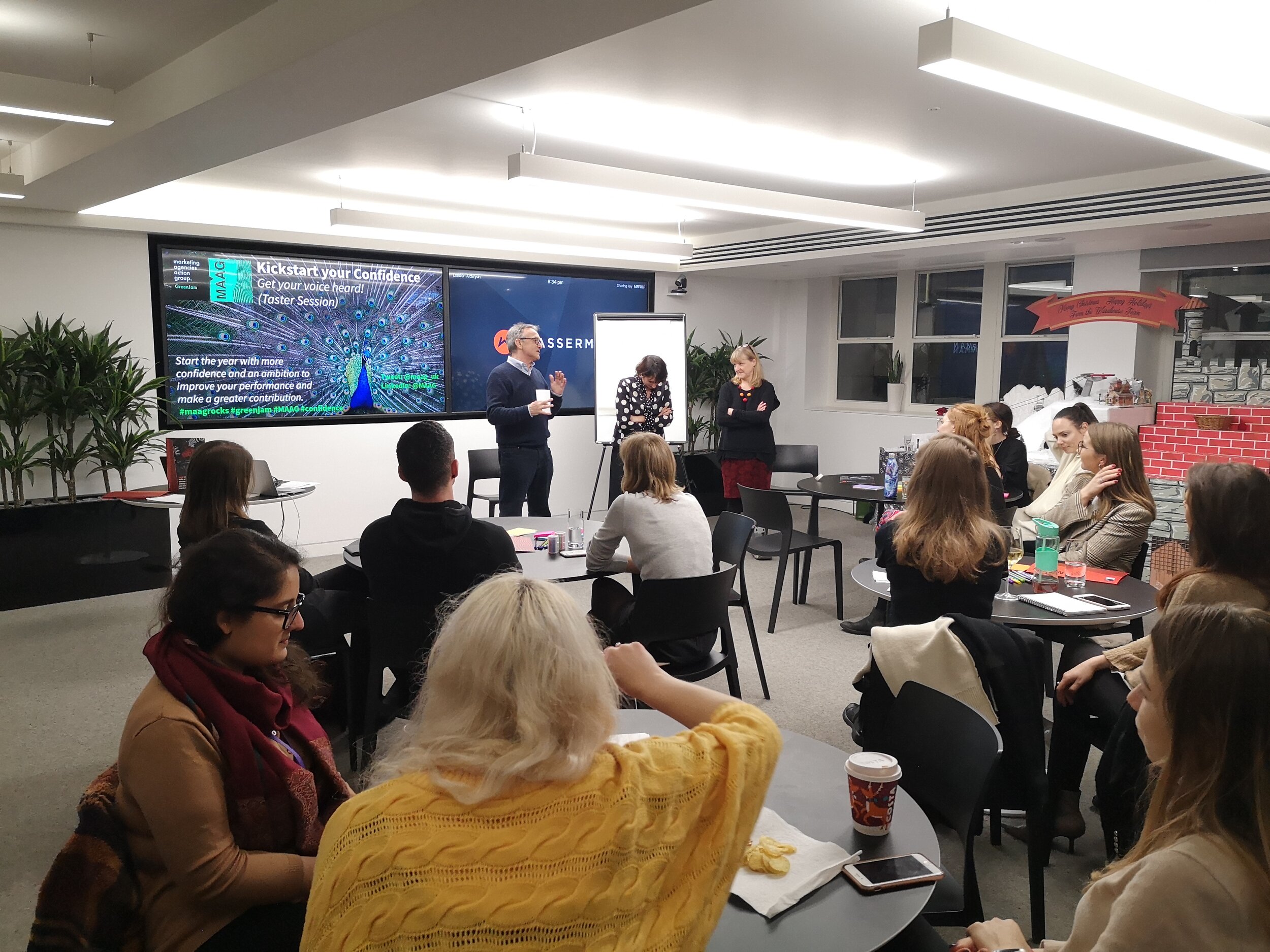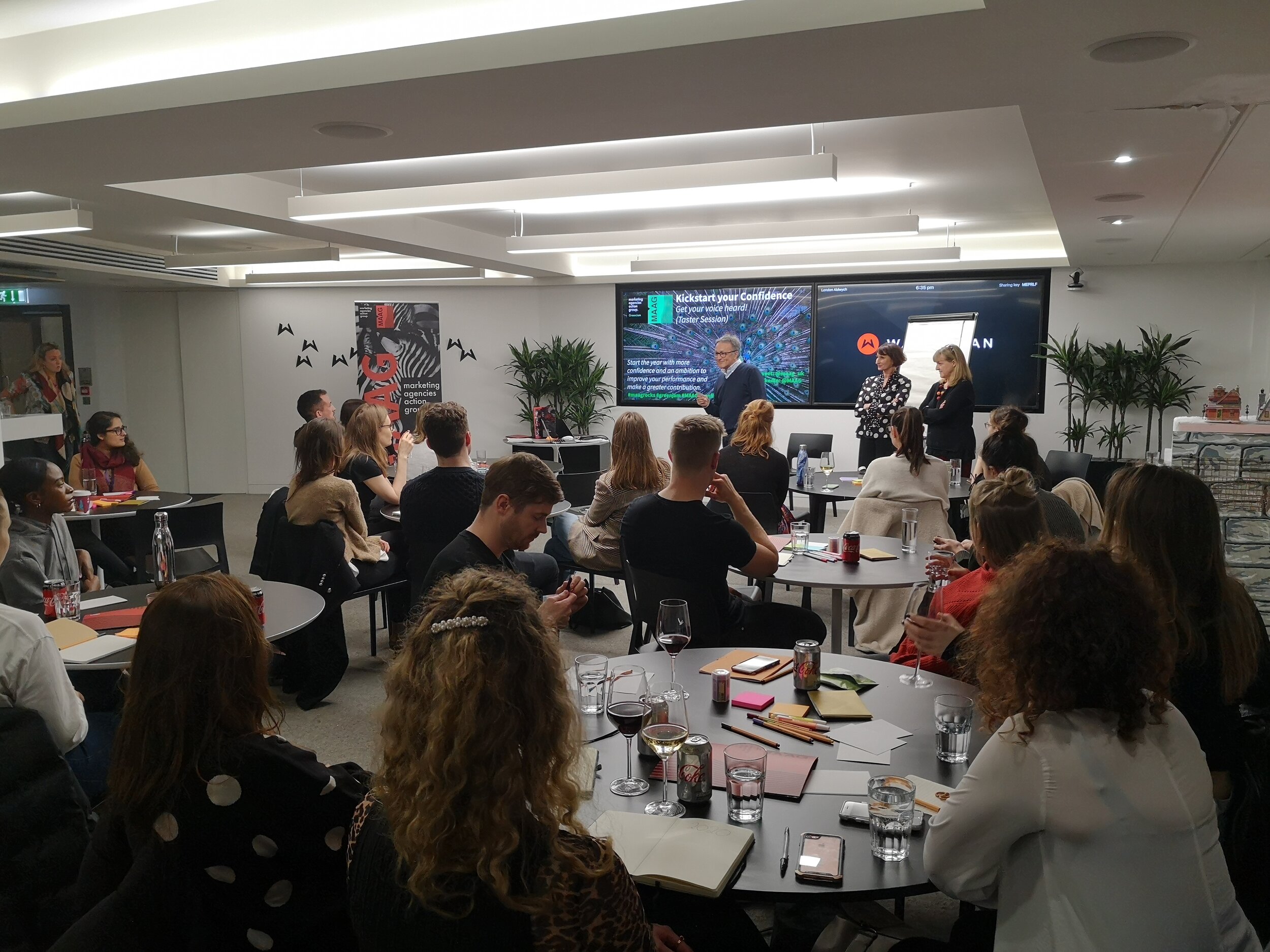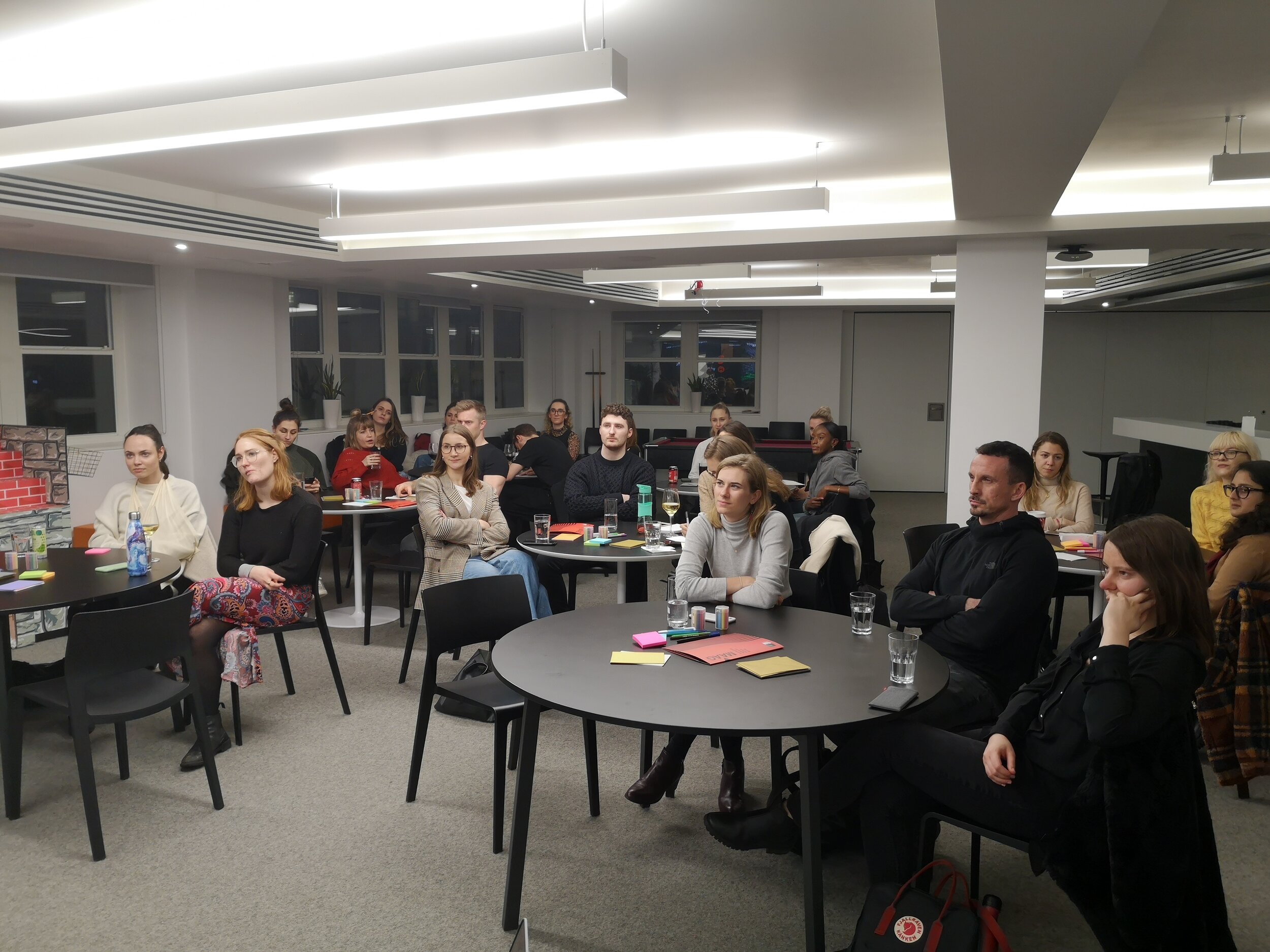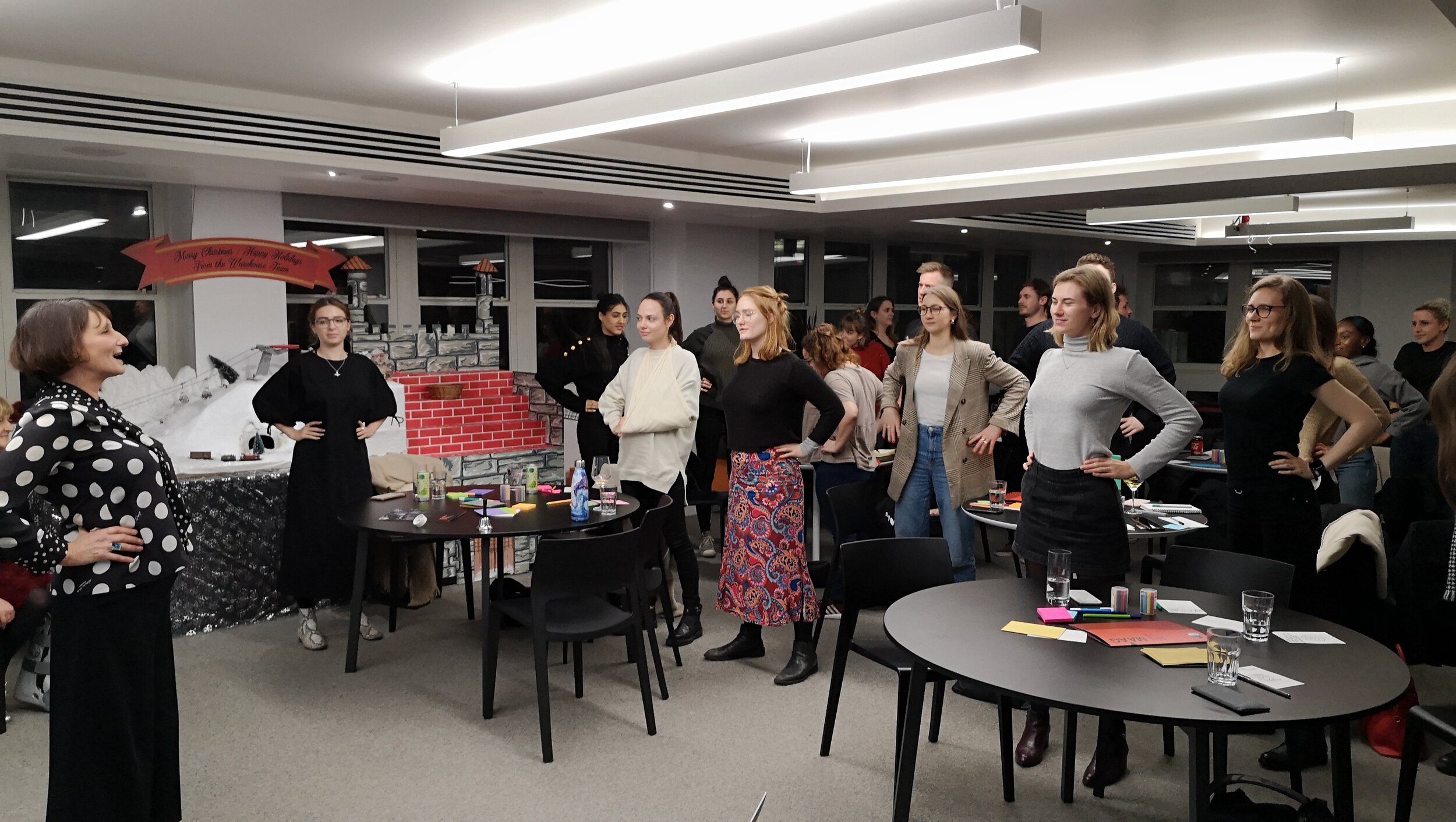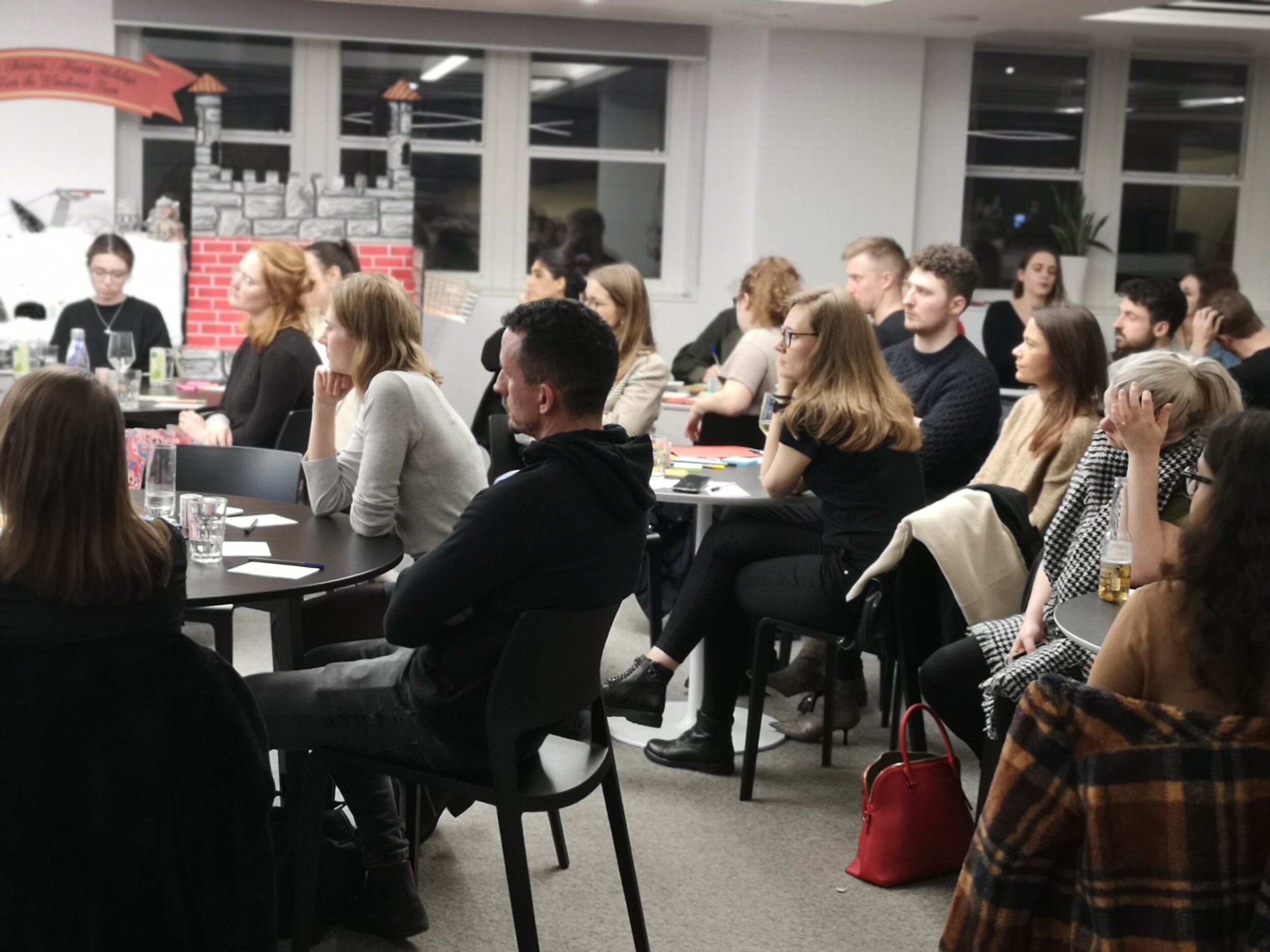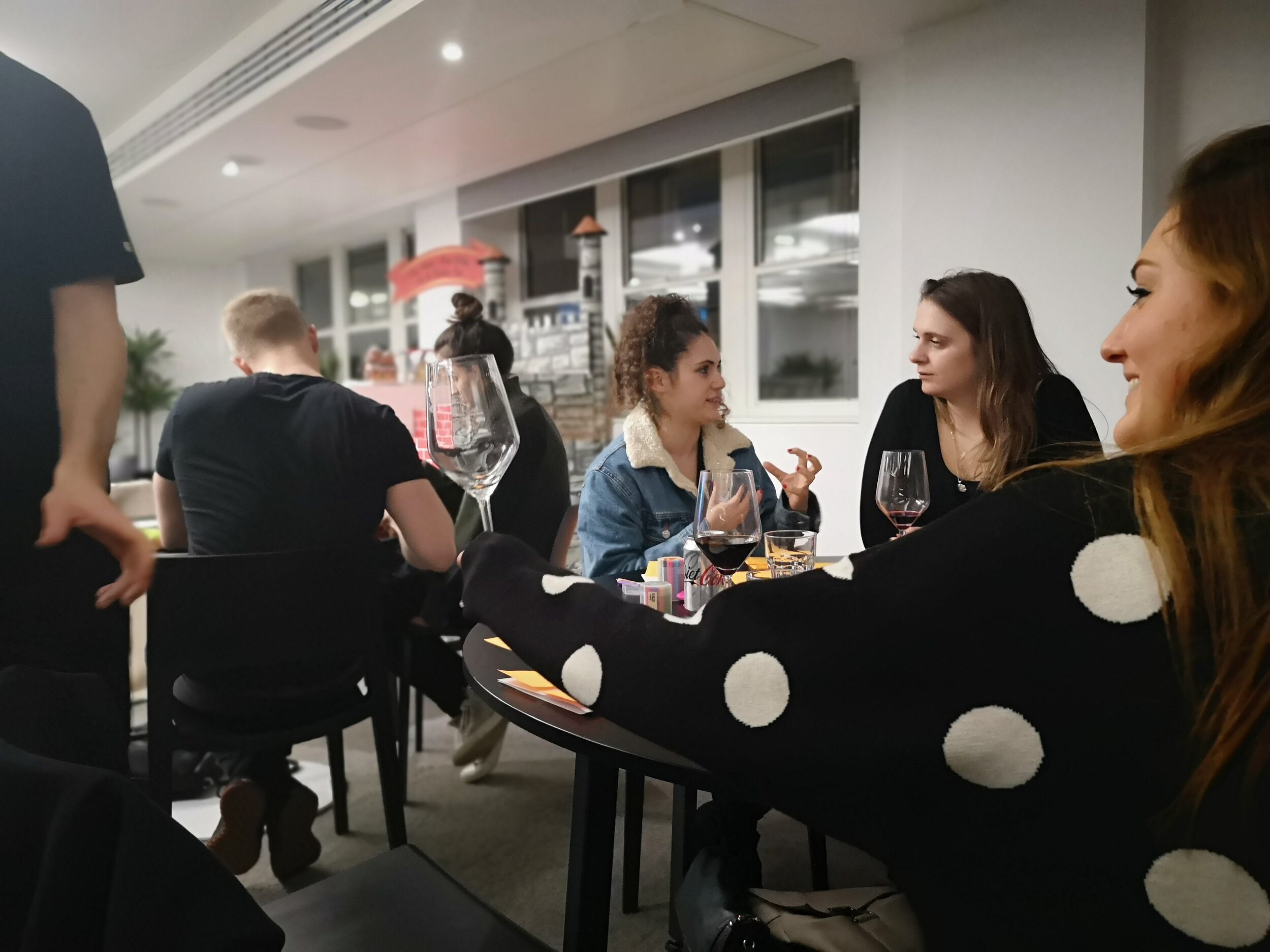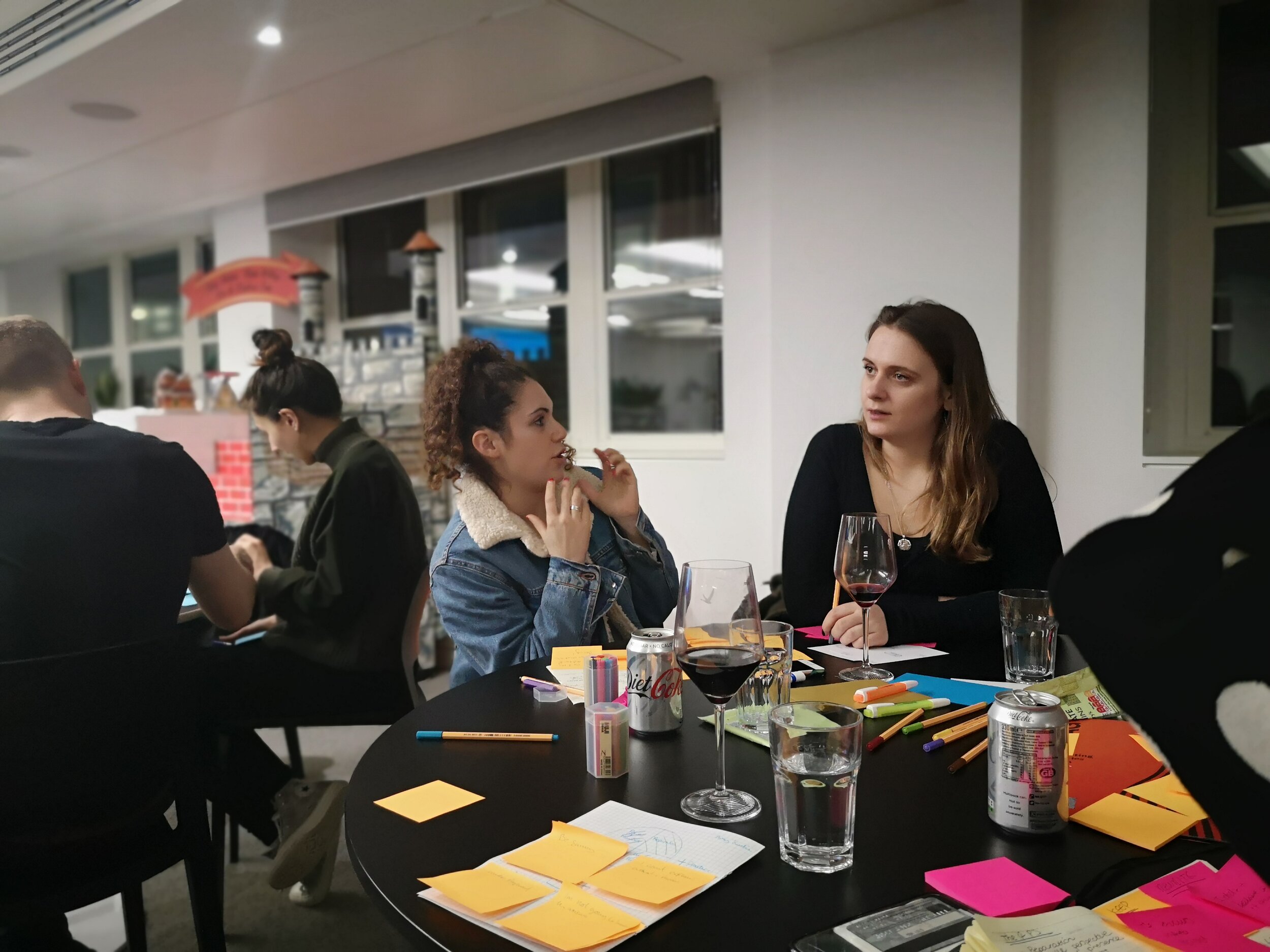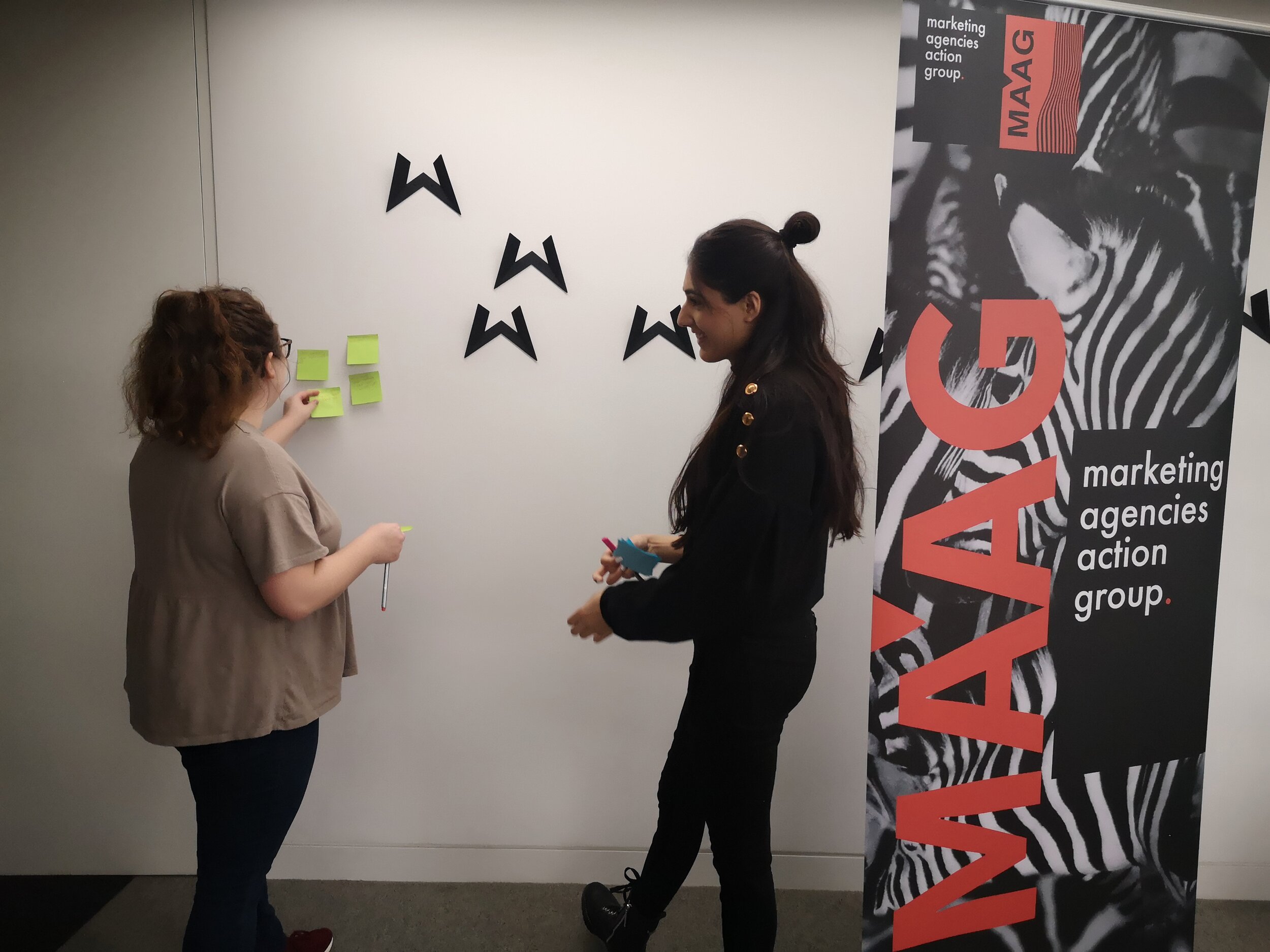Greenjam: Kickstart your Confidence
To kick off the year our GreenJammers descended on Wasserman London to start their year by attending a workshop on confidence. This was actually a taster session from the full course which is happening on 29th January 2020 which can be purchased here. Members also get a 25% discount using code: JAN25. Below are the top tips from the session.
Top tips to get your voice heard in meetings
Before the meeting
o Ask for an agenda, so you know what’s to be discussed
o Prepare before the meeting – think about something you can contribute. What views do you have about what is being discussed? Make notes on your thoughts so that you can put those forward
o Share with the person running the meeting that you would like to contribute and how – they can then make space for you
o Remember you have been invited there for a reason – you have something valuable to contribute. What are you an expert on in the room?
o Decide how much you want to say – for instance that you will speak 2/3 times etc.
Mindset
o Expect a 30% success rate. Remember many people say things that don't seem to have immediate value, but this may provoke a thought for someone else. If you feel uncomfortable at any time, try to let it go – if you don't feel awkward, neither will anyone else
o Let go of expectations and be kind to yourself. Don't expect perfection and you’ll be more likely to speak up, which will expand your comfort zone
o Accept that you will possibly always feel nervous – that feeling won’t go away, but it will get easier. Don't let it stop you Top tips to get your voice heard in meetings
In the meeting
o Say something early on – be the first to contribute or speak in the first 5 minutes
o Watch and listen intently rather than think of what you might say – you will have heard and understood more and will be more likely to contribute effectively and naturally
o Use decisive statements. Avoid apologetic language like ‘I just want’, ‘I don't know about this’, ‘I’m not sure if this is helpful’…..
o Pay attention to your body language - sit up, keep your head up, make eye contact o If you don't have anything to say, ask questions or ask for clarification. ‘Can you clarify that’? ‘That’s interesting, how do you think that would work?’ Affirm what others have said ‘I really like what xx said, I think it would…,’ ‘That’s a great idea, how can we put it into practice?’. Offer to take next steps
o Practice doing different things at meetings to find what works for you. Also try doing the opposite of what you normally do.
o Trust yourself. Play with not preparing what you’re going to say, say the first thing that comes into your head, let it come from your own natural voice, not your mind
After the meeting
o Seek out feedback – embrace it; it helps you improve
o Offer to do some follow up work and present it at the next meeting
o Set yourself a challenge for the next one and see if you can enjoy it!
Ten top tips for a great presentation
Show your Passion and Connect with your Audience
It’s hard to be relaxed and be yourself when you’re nervous. But the most important thing is to connect with your audience, and the best way to do that is to let your passion for the subject shine through. Be enthusiastic and honest about what is important to you and why it matters, and the audience will respond.
2. Focus on your Audience’s Needs
As you prepare the presentation, bear in mind what the audience needs and wants to know, not what you can tell them. Think about what the content means to the audience, why should they listen? What do you want them to think, feel and do?
3. Keep it Simple: Concentrate on your Core Message
When planning your presentation, keep in mind the question: What is the core message (or three key points) for my audience to take away? The important thing is to keep your messages focused and brief. If what you are planning to say doesn’t contribute to those core messages, don’t say it.
4. Tell Stories
If you can use stories in your presentation, your audience is more likely to engage and to remember your points afterwards. Think about what story you are trying to tell your audience, and create your presentation to tell it. Be personal – make it specific and relevant to them.
5. Preparation and Practice Spend time preparing.
Knowing your subject well, knowing what you are going to say and how you are going to say it, will boost your confidence and help reduce your nerves. Practice, practice, practice – in front of people if possible, or if not, the mirror. Do this in good time, to highlight what might not be working. Ten top tips for a great presentation Lorem Ipsum Dolor
6. Smile and Make Eye Contact with your Audience
This sounds very easy, but surprisingly few presenters do it. If you smile and make eye contact, you are building rapport, which helps the audience to connect with you and your subject. It also helps you to feel less nervous, because you are talking to individuals, not to a great mass of people.
7. Start Strongly
The beginning of your presentation is crucial. You need to grab your audience’s attention and hold it. They will give you a few minutes’ grace in which to entertain them, before they start to switch off if you’re dull. So start by entertaining them.
8. Use your Voice Effectively
Remember Pitch, Pause and Pace. Varying the speed at which you talk, and emphasising changes in pitch and tone all help to make your voice more interesting and hold your audience’s attention. Speak slower than you normally would, which can also help you relax. You can pause more than you think - people won’t know if you’ve forgotten your words, just pause.
9. Use your Body Too
It has been estimated that more than 90% of communication is non-verbal. That means that as well as your voice, your body language is crucial to getting your message across. Make your gestures open and confident, hold your head up and move naturally. Body language to avoid includes crossed arms, hands held behind your back or in your pockets, and pacing the stage.
10. Relax, Breathe and Enjoy
If you can relax, you will present better. If you can actually start to enjoy yourself, your audience will respond to that, and engage better. Your presentations will improve exponentially, and so will your confidence. Breathing exercises can help. Breathing deeply in through your nose and out with a longer breath through your mouth will give your brain the oxygen it needs and the slow pace will trick your body into believing you are calmer.
And Lastly, Visualise your presentation going well, be kind to yourself and celebrate each little improvement you make. Take the pressure off yourself and see it in perspective - the audience won't notice the things that you notice and they are usually behind you all the way. Ask for support from others. The important thing is that the more you do, the better you will get. Set yourself small manageable challenges and build up. If you feel you are in control, those situations will feel less threatening.
